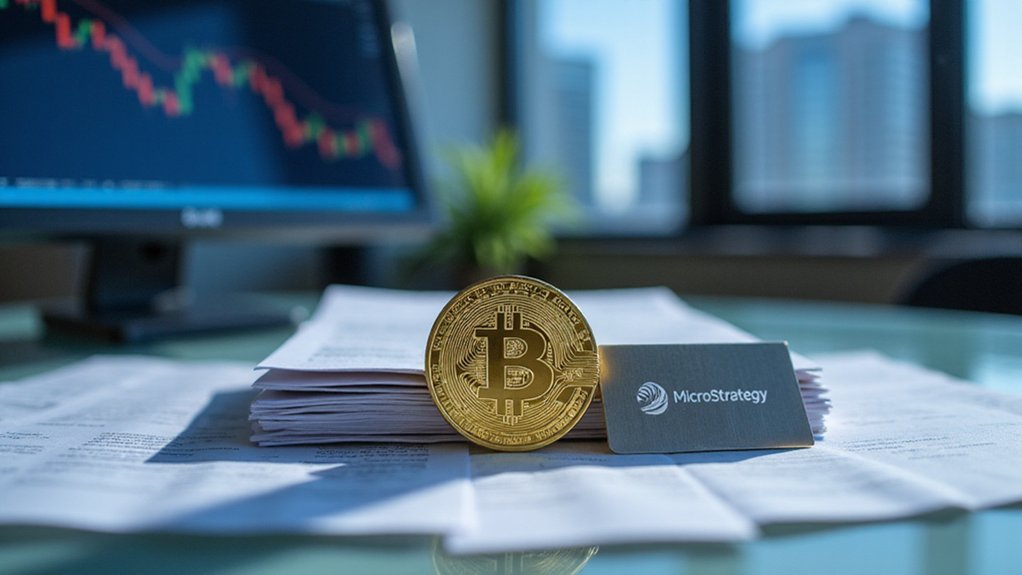Tech giants are rapidly accelerating their adoption of Bitcoin as a strategic financial asset, with companies like MicroStrategy now holding over 470,000 BTC valued at billions of dollars.
Other major tech firms have followed suit, with Tesla acquiring $1.5 billion in BTC in 2021 and Block (formerly Square) maintaining approximately 8,000 BTC on its balance sheet.
These corporations are positioning themselves at the forefront of institutional cryptocurrency adoption, establishing precedents for treasury diversification strategies. Bitcoin's existence as a digital currency makes it particularly attractive to technology companies already operating in digital environments.
Michael Saylor, the prominent Bitcoin advocate and MicroStrategy CEO, projects that 250 of S&P 500 companies will hold Bitcoin by 2026. He envisions Bitcoin reaching $1 million per coin within the next decade and regularly describes it as "digital property" capable of replacing gold as humanity's primary store of value.
Bitcoin isn't just digital gold—it's digital property poised to transform corporate treasuries across the S&P 500.
His bullish outlook is grounded in concerns about global monetary inflation and currency devaluation risks.
The integration of Bitcoin into corporate treasury management offers several potential advantages. Companies can hedge against inflation, diversify assets, and potentially generate significant returns on investment.
Additionally, tech firms align themselves with increasingly crypto-savvy customer bases. The 2024 approval of spot Bitcoin ETFs by the SEC has further legitimized institutional investment, with funds from BlackRock and Fidelity attracting over $10 billion in inflows during their initial months.
Despite growing adoption, significant challenges remain. Regulatory frameworks vary dramatically across jurisdictions, with the EU implementing the comprehensive MiCA regulation while China has banned all cryptocurrency transactions.
Price volatility continues to present financial reporting complexities, exacerbated by the lack of standardized GAAP accounting practices for digital assets. Some companies are exploring Bitcoin mining operations as an alternative approach, focusing on energy efficiency to maintain profitability while adding cryptocurrency to their holdings.
Microsoft has recently highlighted this concern, rejecting Bitcoin inclusion on its balance sheet specifically due to volatility issues.
The landscape of corporate Bitcoin adoption is evolving rapidly. Microsoft currently accepts Bitcoin for certain services, while Amazon and Apple have taken incremental steps toward cryptocurrency integration.
As institutional investment trends accelerate, with 52% of institutions now holding digital assets, the question appears to be shifting from if tech giants will incorporate Bitcoin to when and how extensively they will commit their treasuries to this emerging asset class.





